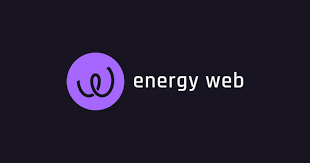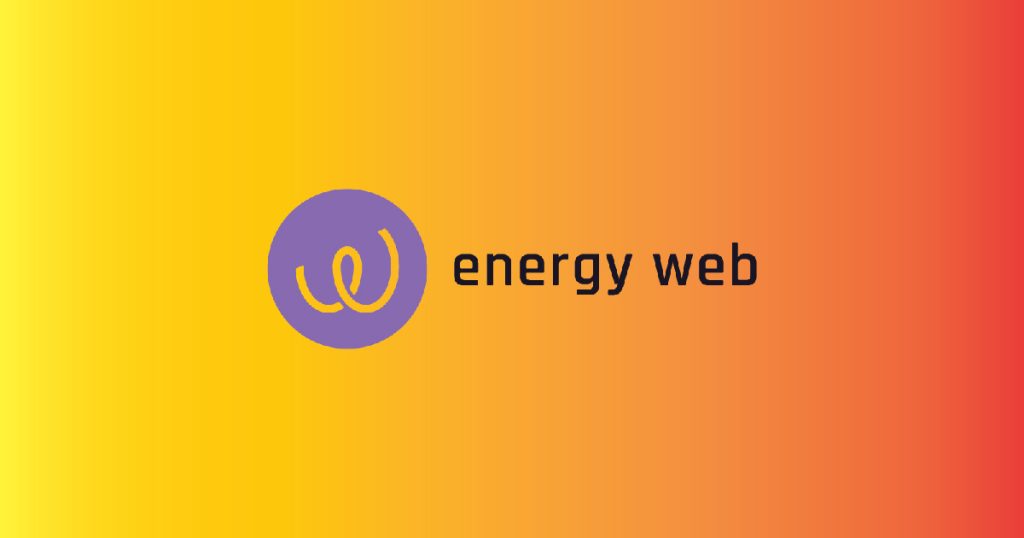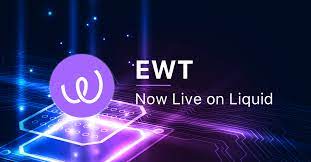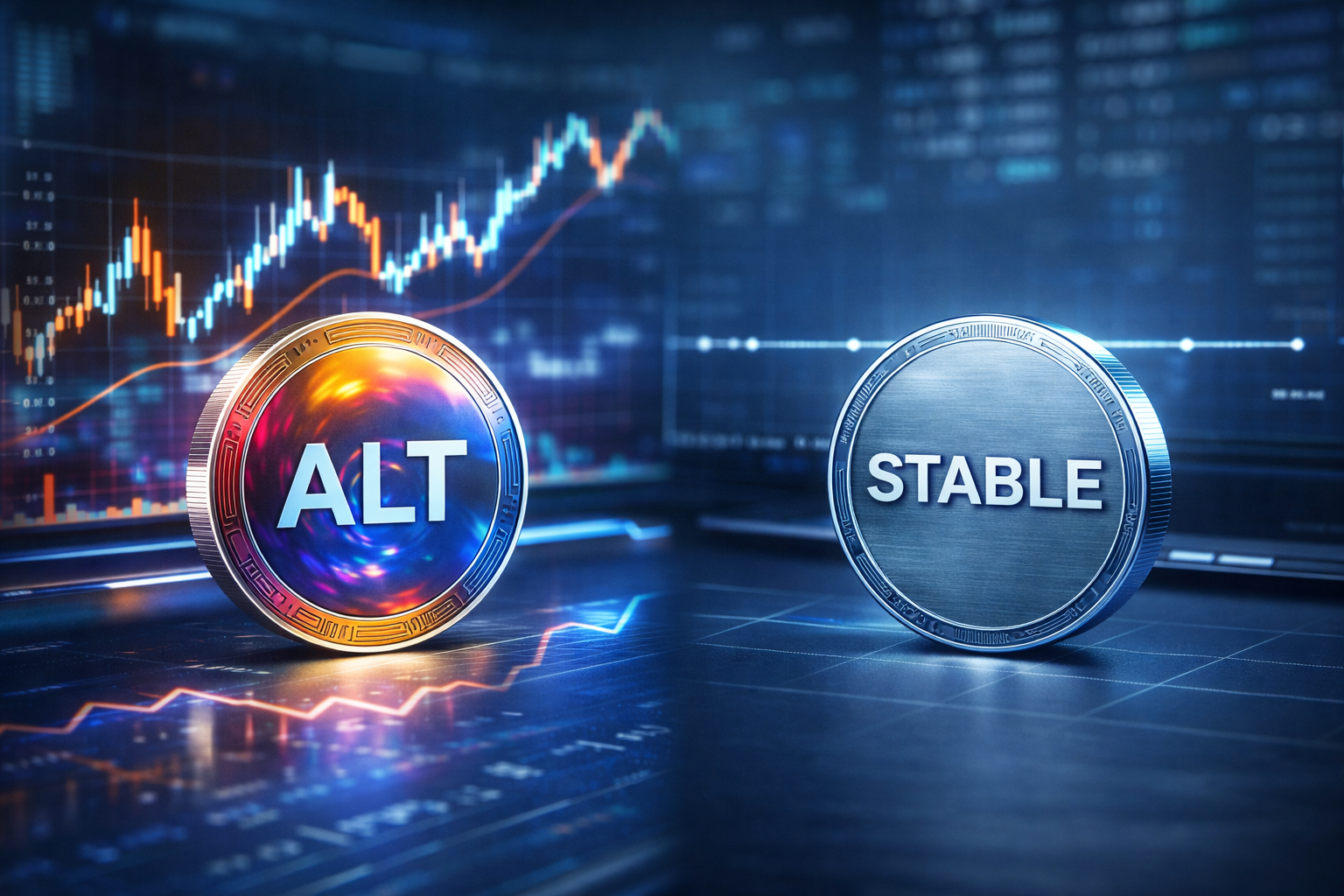
James Carter
What is Energy Web Tokens?

Energy web tokens have emerged as a groundbreaking application of blockchain technology in the energy sector. These digital assets also hold the potential to transform how energy is produced, consumed, and traded. In this article, we will delve into the concept of energy web tokens, their key features, use cases, benefits, challenges, and also future outlook.
What is an Energy Web Tokens?
Energy web token, also known as EWTs, are digital token that leverage blockchain technology to enable secure and transparent transactions within the energy ecosystem. They are designed to facilitate the exchange of energy-related assets and services, such as electricity, renewable energy certificates, and energy data.
Background Information:
Overview of Blockchain Technology:
To understand energy web token, it is essential also to grasp the fundamentals of blockchain technology. Blockchain is a decentralized and distributed digital ledger that records transactions across multiple computers, ensuring transparency, immutability, and security.
Role of Blockchain in the Energy Industry:
Blockchain technology presents several advantages for the energy sector, including enhanced data security, streamlined processes, and increased automation. It enables the development of peer-to-peer energy trading platforms, facilitates efficient energy data management, and enables the tracking and verification of renewable energy sources.
Emergence of Energy Web Tokens:
Additionally energy web token represent a specific type of blockchain-based digital asset tailored for the energy industry. They leverage the capabilities of blockchain to create a standardized, secure, and interoperable framework for energy-related transactions.

Key Features of Energy Web Tokens:
Decentralization and Transparency:
Energy web token operate on a decentralized network of computers, eliminating the need for intermediaries and enabling peer-to-peer transactions. The transparent nature of blockchain ensures that all participants can view and verify transactions, fostering trust and accountability.
Smart Contracts and Automation:
Smart contracts are also self-executing contracts with predefined rules encoded into the blockchain. Energy web token utilize smart contracts to automate processes such as energy trading, settlement, and compliance, reducing the need for manual intervention and streamlining operations.
Interoperability and Standardization:
Interoperability is a critical aspect of energy web token, enabling seamless communication and collaboration between different energy market participants. Additionally Standardization of token formats and protocols ensures compatibility and facilitates the integration of diverse energy systems.
Tokenization of Energy Assets and Services:
Energy web token allow for the tokenization of physical assets, such as solar panels or wind turbines, and intangible assets, such as energy certificates or carbon credits. Tokenization enables fractional ownership, liquidity, and easier transferability of these assets, unlocking new opportunities for investment and financing.
Use Cases and Applications:
Peer-to-Peer Energy Trading:
Energy web token empower individuals and also businesses to directly trade energy with each other, bypassing traditional energy suppliers. This peer-to-peer energy trading model promotes energy democratization, reduces costs, and incentivizes the use of renewable energy sources.
Renewable Energy Certificate (REC) Markets:
Additionally Energy web token can facilitate the issuance, tracking, and trading of renewable energy certificates. These certificates provide proof that a certain amount of energy was generated from renewable sources, enabling businesses and consumers to support clean energy and meet sustainability goals.
Energy Data Management and Sharing:
Blockchain-based energy web token also offer a secure and efficient platform for managing and sharing energy data. Participants can securely exchange data related to energy consumption, generation, and grid conditions, fostering collaboration and enabling data-driven decision-making.
Grid Optimization and Demand Response:
Energy web token can enable real-time grid optimization by incentivizing energy users to adjust their consumption based on demand and supply conditions. Through demand response mechanisms, participants can respond to price signals and grid requirements, enhancing grid stability and efficiency.
Financing and Investment in Energy Projects:
Energy web token provide a new avenue for financing and investment in energy projects. Through tokenization, investors can acquire fractional ownership in renewable energy projects, enabling broader access to investment opportunities. Also this facilitates the flow of capital into the energy sector and accelerates the deployment of clean energy infrastructure.
Benefits and Advantages:
Efficiency and Cost-Effectiveness:
Energy web token also streamline energy transactions, reducing administrative costs and eliminating the need for intermediaries. By automating processes and improving operational efficiency, these tokens enable faster and more cost-effective energy trading and management.
Increased Accessibility and Inclusivity:
By removing intermediaries and enabling peer-to-peer transactions, energy web tokens promote inclusivity and provide opportunities for smaller energy producers and consumers to participate in the energy market. Additionally this fosters competition, encourages innovation, and empowers individuals and communities to take control of their energy choices.
Enhanced Security and Fraud Prevention:
Blockchain’s inherent security features, such as immutability and cryptographic encryption, make energy web tokens highly secure. Transactions recorded on the blockchain are tamper-proof, reducing the risk of fraud and ensuring the integrity of energy-related transactions.
Accelerated Renewable Energy Adoption:
Energy web tokens incentivize the generation and consumption of renewable energy by creating transparent and traceable mechanisms for rewarding clean energy production. Additionally this stimulates the growth of renewable energy sources, contributing to the transition to a sustainable and low-carbon energy system.
Potential for Decentralized Energy Systems:
Energy web tokens have the potential to enable decentralized energy systems where energy production, consumption, and trading occur at a local level. Additionally decentralization promotes energy resilience, reduces transmission losses, and enables communities to become self-sufficient in meeting their energy needs.
Challenges and Limitations:
Regulatory and Policy Hurdles:
The regulatory landscape for energy web tokens is still evolving, with many jurisdictions yet to establish clear guidelines. Addressing regulatory challenges and ensuring compliance with existing energy and financial regulations is crucial for the widespread adoption of energy web tokens.
Scalability and Transaction Speed:
Blockchain technology currently also faces limitations in terms of scalability and transaction speed. Additionally the energy sector involves a high volume of transactions, overcoming these limitations is essential to ensure the seamless integration of energy web tokens into existing energy infrastructure.
Energy and Environmental Concerns:
Blockchain technology, particularly proof-of-work consensus mechanisms, consumes significant amounts of energy. Addressing the environmental impact of blockchain and exploring more energy-efficient consensus mechanisms is vital to align energy web tokens with sustainability goals.
Integration with Existing Energy Infrastructure:
Integrating energy web tokens with legacy energy systems and also infrastructure presents technical and operational challenges. Seamless interoperability and data exchange between blockchain-based systems and traditional energy systems need to be achieved to realize the full potential of energy web tokens.

Current Developments and Future Outlook:
Examples of Energy Web Token Projects and Initiatives:
Additionally several projects and initiatives are already leveraging energy web tokens in the energy sector. For instance, the Energy Web Foundation (EWF) has developed the Energy Web Chain, a blockchain specifically designed for energy applications, and is collaborating with industry partners to accelerate the adoption of energy web tokens.
Trends and Advancements in Energy Web Token Technology:
The energy web token landscape is continuously evolving, with advancements in areas such as interoperability, scalability, and governance models. New technologies, such as sidechains and layer-two solutions, aim to address scalability concerns and enhance the functionality of energy web tokens.
Potential Impact on the Energy Industry and Transition to Clean Energy:
Energy web tokens hold tremendous potential to reshape the energy industry by promoting decentralization, enhancing efficiency, and facilitating the integration of renewable energy sources. They have the capacity to unlock new business models, increase market transparency, and drive the transition towards a clean and sustainable energy future. By enabling peer-to-peer energy trading, facilitating renewable energy investments, and optimizing grid operations, energy web token have the potential to revolutionize the way energy is produced, consumed, and managed.
Summary
In conclusion, energy web tokens represent an innovative application of blockchain technology that has the potential to revolutionize the energy sector. By leveraging blockchain’s decentralized, transparent, and secure framework, energy web tokens enable efficient and secure energy transactions, promote renewable energy adoption, and foster a more inclusive and resilient energy ecosystem.
However, challenges such as regulatory hurdles, scalability concerns, and environmental considerations need to be addressed to fully realize the potential of energy web token. Continued research, collaboration between industry stakeholders, and regulatory frameworks that support innovation are crucial for the successful integration of energy web tokens into the existing energy infrastructure.
As the energy industry continues to evolve and the global transition to clean energy gains momentum, energy web tokens can serve as a catalyst for driving the necessary changes. By empowering individuals, communities, and businesses to actively participate in the energy market and supporting the growth of renewable energy sources, energy web tokens hold the promise of a more sustainable, efficient, and decentralized energy future.
Latest
Blockchain
21 Feb 2026
Blockchain
13 Feb 2026
Blockchain
07 Feb 2026
Blockchain
06 Feb 2026
Blockchain
05 Feb 2026
Blockchain
03 Feb 2026












